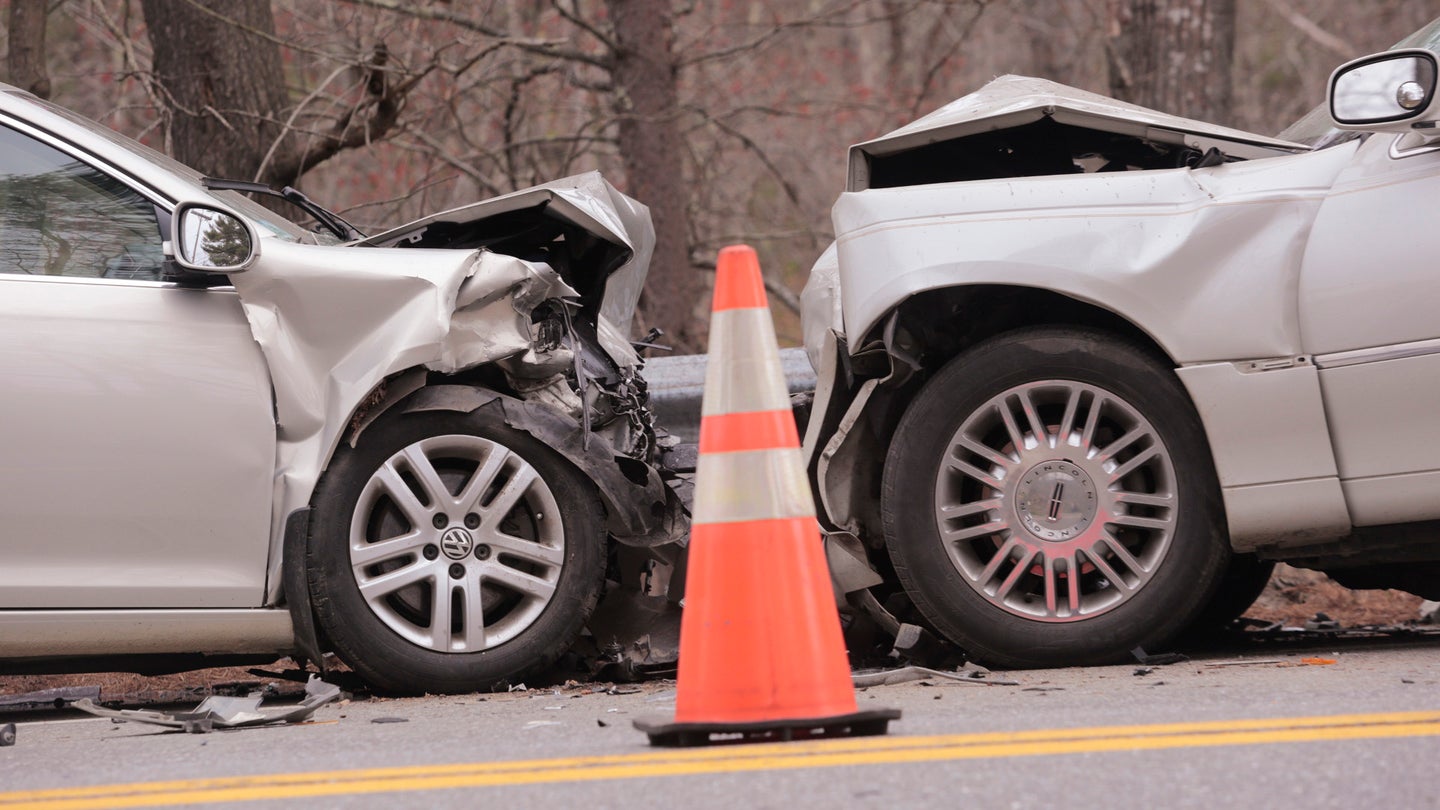Does Uber Reduce Drunk Driving? Depends on the City
A new study shows Uber has had a bigger impact on drunk driving in some locales than others.

By reducing the number of people behind the wheel, it seems logical that ride-sharing services like Uber could cut down on drunk driving. Uber certainly thinks so: on a webpage promoting its partnership with Mothers Against Drunk Driving, the company claims that ride-sharing services "are helping to curb drunk driving."
But while Uber is having some impact on the issue, a new study shows that the results aren't uniform. Researchers at the Perelman School of Medicine at the University of Pennsylvania looked at drunk-driving statistics in individual U.S. cities, according to The Verge. They found a correlation between Uber and a decline in drunk driving, but only in certain cities.
The researchers looked at crash rates in four cities: Las Vegas and Reno, Nevada, Portland, Oregon, and San Antonio, Texas. Crucially, Uber ceased operations in all four cities for a period of time before resuming, allowing researchers to see if the loss of Uber had any impact on crashes resulting from drunk driving.
Incidents related to alcohol did decrease after Uber resumed service in Portland and San Antonio, researchers found, but not in Reno. Uber's return also did not reduce the overall number of serious crashes in any city surveyed.
The study's authors attributed the variation in part to the different characteristics of each city. Densely-populated cities with high traffic congestion and limited parking might make it more likely for people to use a ride-sharing service, they noted. Las Vegas attracts a large number of tourists who don't bring their own cars, which could affect the statistics, the authors said. So could other factors, like topology and how aggressively drunk-driving laws are enforced.
Researchers even hypothesized that ride-sharing could increase crash rates, but not because of drunk driving. Because ride-sharing drivers must constantly monitor a smartphone for directions or messages about potential fares, they may become distracted more easily, the authors reasoned. Phone use is considered unsafe for people driving their own personal cars, so why shouldn't that also be the case for Uber drivers?
This is not the first study to examine the impact of ride sharing on drunk driving. A previous study found a 25 to 35 percent reduction in alcohol-related crashes in New York City compared to other areas that did not have Uber. Another study looked at 100 densely-populated U.S. counties, and found no correlation between Uber use and traffic fatalities.
